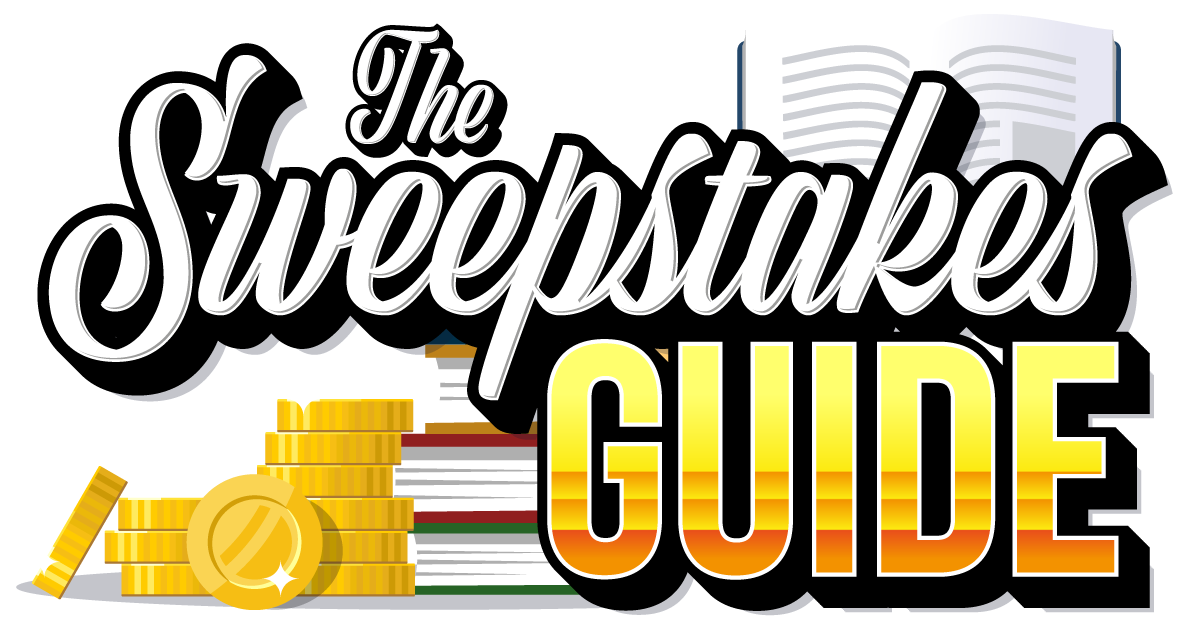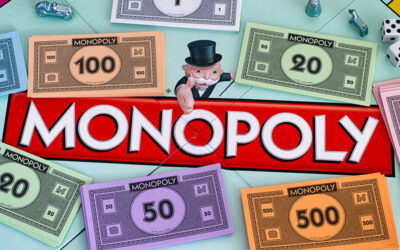Social Media Contests
Hardly anything in the world comes free, but with sweepstakes, there is a chance that you can get a lot for nothing at all. With that chance though, there also comes a risk you might not actually be entering a sweepstake, but instead a scam. We’ve compiled a list of resources to help you make sure your sweepstake is actually a chance to win money and not lose it.
Does the World Lottery Association (WLA) Exist?
Yes! But does it give out winnings? No, not at all. Scammers often adopt official sounding names and even governmental departments to take advantage of the clout and trust within that name. Whenever you get any notification alerting you of being a “lucky winner,” run a Google search of that organization to not only check if it exists, but see if it offers any winnings. Go one step further and look under the “News” tab within the search page and see the recent activity in the media. News articles may point to scams which can give you the healthy dose of skepticism to realize your lucky winner message just might be a scam. The actual World Lottery Association also has a listing of tips that you can find on their website.
Speaking of official names…
If you get a call or message saying you’ve won a government-sponsored lottery, it’s a surefire scam, no need to even Google. The Federal Trade Commission has a whole page explaining how you might hear the government’s name used as a way to get you to send you money, either by a call saying you won a lottery or that you owe the government money. Some names they might use include the National Consumer Protection Agency, the National Sweepstakes Bureau, or like the case of the World Lottery Association, they might even use the Federal Trade Commission’s name. Just remember, the federal government does not run lotteries nor does the government ask you to wire money.
If you’re asked to do the following, beware:
Don’t wire money, give the caller/emailer/messager your bank account number, and don’t deposit a check they send you. When you wire money, you’re unable to trace the amount after it leaves your account. When you give your bank account number, it makes it that much easier for the scammer to access all of your funds within that account. There is a high chance the check they send you is a fake check, and they’ll ask you to wire a portion of that check back to them. The check will be fake and you’re responsible to pay the bank whatever amount you withdrew. The Federal Trade Commission has another page of tips on how to spot signs of a scam that you can read up on.
What to do if you suspect it’s a scam
If you have a strong feeling the notification you received is a scam, you can file a complaint with the Federal Trade Commission here. Try to provide as much information you can about the call, such as the date and time, the name of the government agency used, as well as the phone number of the caller. Fraud Aid also provides more resources on how to spot fraud and report it with their website.
Arm yourself with knowledge on how to spot scams for sweepstakes and lotteries. Look through the resources provided by the Federal Trade Commission (and make sure the website you’re looking at ends in a “.gov”) as well as other verified resources like AARP’s Fraud Resource Center.
What to Do After You Win: A Smart Winner’s Checklist
Winning a sweepstakes can feel like a dream come true—but what happens next? Before you pop the champagne, it's important to take a few smart steps to protect yourself, your prize, and your peace of...
McDonalds Monopoly: Real or Fake?
GIMMICK is the word that comes to mind when I see a commercial for the McDonalds Monopoly. It has to be something to get people in the door to buy their food. Could someone possibly eat at...
Good Luck Charms
For centuries people have put their luck in the hands of little trinkets and tokens hoping one or all would bring them a string of good luck and fortune. Maybe you have a favorite lucky charm you...



